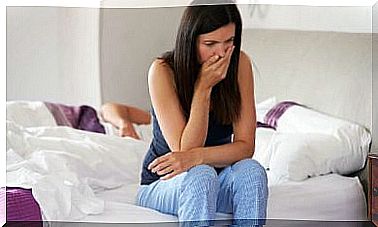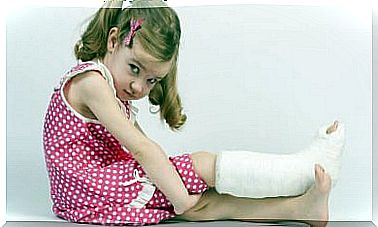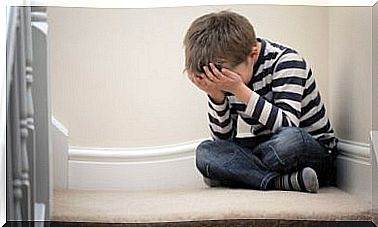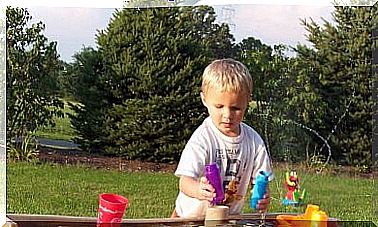Eating Little, Should I Be Alarmed?
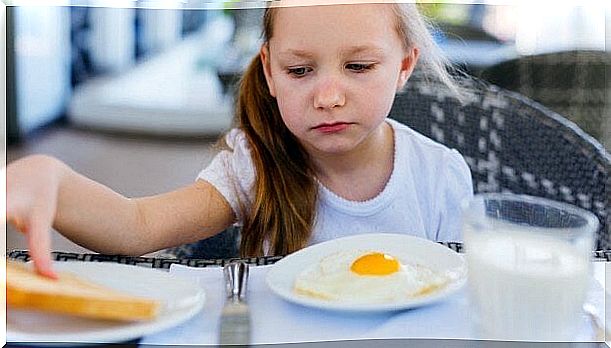
From 2 years of age, your child grows a little slower and his food needs are also lower. Also, since he is already walking, he is often more interested in discovering the world than interested in eating.
When children are still between the ages of 2 and 5, they are still at the stage where they slowly begin to develop their eating habits, preferences, and general tastes. As you gradually discover which foods you prefer to those you don’t, it is possible that at some point you will no longer crave some foods that you ate frequently before.
Eating little, should I be alarmed?
Like everything at these ages, it is a transitory state. While we must pay attention to the evolution of our children, we should not be alarmed at every change you make. The important thing is to ensure that you eat and maintain a stable and healthy weight. There will be times when you are very hungry (when you will eat in large quantities) and others when you will barely have an appetite. These changes can last until puberty.
Pediatricians advise respecting these phases, rather than trying to get them to eat unwanted amounts, which helps prevent overweight and obesity.
Many parents worry when their children are going through those phases where they eat very little. They feel bad when children don’t want to eat or when they start to choose food and say things like “I don’t like this” or “I don’t want this.”
The best thing is to be patient and also firm, because it is easy to give in to the whims and tantrums of children when they do not want to eat. Patience, firmness and perseverance will be your allies when it comes to teaching good habits such as maintaining a healthy and balanced diet.
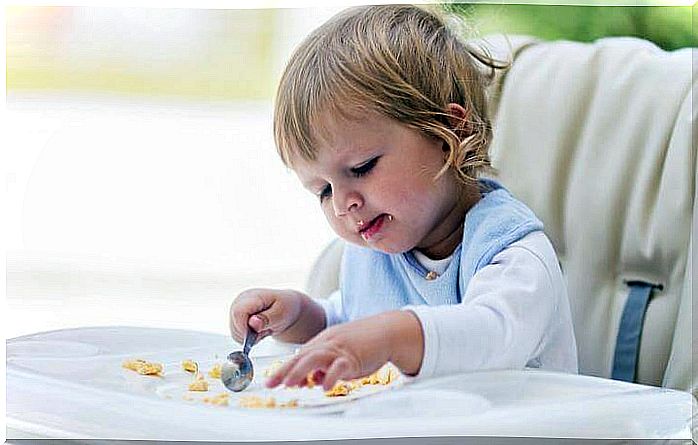
What do I do if my child eats little?
It is also good that mealtime is a pleasant time and not a time when you have bad times. For this you can apply different strategies:
- Explain that to grow healthy and strong, he needs to eat well and in a varied way.
- It is also good that you establish a simple routine in which hours and rules are respected when sitting at the table. These do not have to be so strict.
- It is very useful for children to sit at the table accompanied by their parents and siblings, because, as you already know, you and your partner are their main example.
- Keep in mind that when you feel hungry you will eat and that this appetite will serve to meet your nutritional needs.
- Serve him moderate amounts, it is better to ask for more than to leave food on the plate and then discard it.

More tips related to feeding your child
From 2 years of age it is recommended that the child tries different foods. Naturally, some will like them and others will not. Try to respect their tastes within reason and ensure that their diet has some food from each group.
At that age, and even earlier, it is good to let them eat alone. It does not matter that they get a little stained or disordered, and little by little they will learn rules at the table.
Prevent the child from arriving at dinner time tired and sleepy, as this factor often interferes with their appetite. Most children eat poorly when they are exhausted and sleepy.
Will you be able to eat more? Yes little by little
Many children start to eat a lot more when they are 5 or 7 years old because they have grown a little and their stomach has also grown.
Specialists explain that the amount of food that a person needs is highly variable. And some children eat more than other children the same age and size.
On the other hand, the expectations of parents also vary greatly. The ideal is not to pressure the child and be patient if he does not want to eat, he will do it when he is hungry.
If he doesn’t want to eat, leave him without eating until the next meal. In a calm way. You do not have to tell him that it is bad, or punish him, because he simply has not eaten and will do it another time.
Nor is it necessary to insist that he eat a particular food, it is better to encourage him to try it, or to put it on the table so that he can eat it himself.
There are also children who eat very slowly. The child should not be rushed. Their parents must decide how much time they are going to give the child to eat and explain it to them. When he’s done, calmly remove the plate from him and tell him he can go play.
These are some tips that we give you so that you can pass this nutritional stage of your child in the best possible way.




